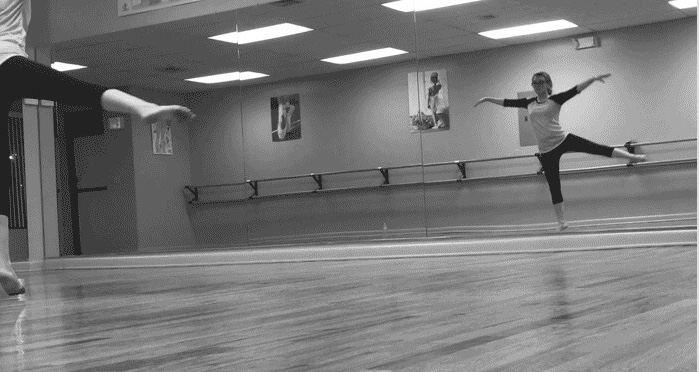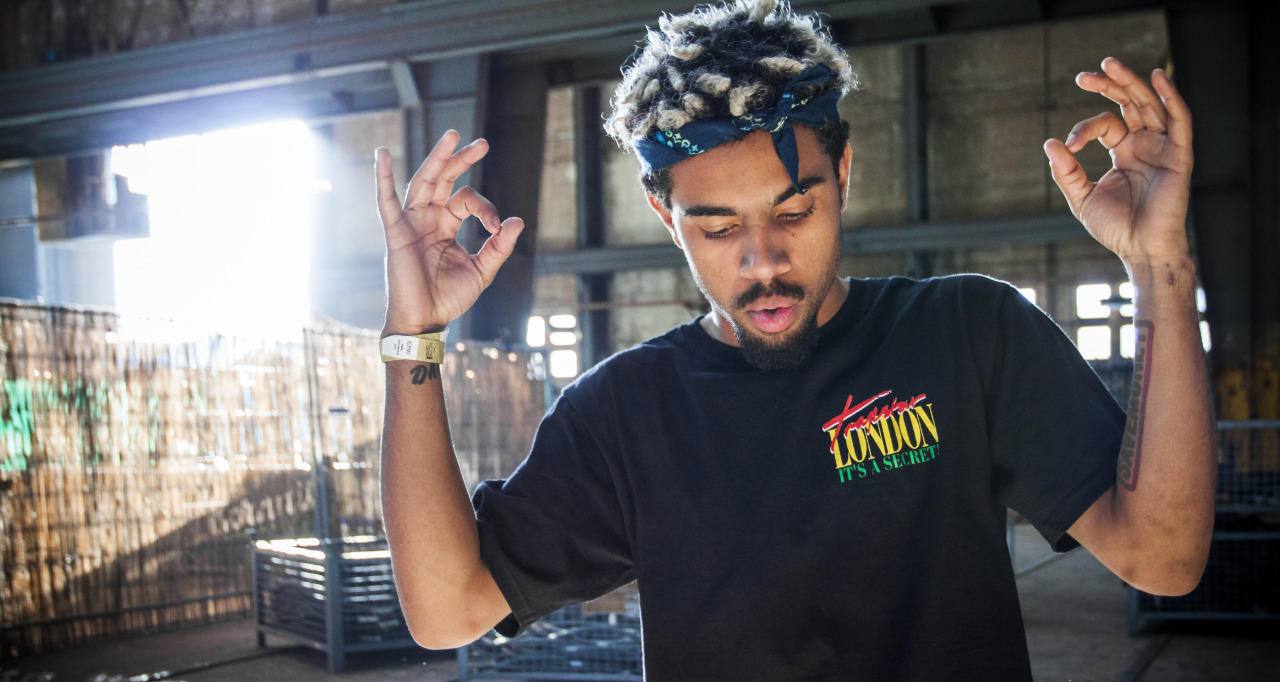Junkie. Loser. Low-life. Bum. Drunk. Piece of trash. Worthless. Crack-head. Meth-head. Those are just some of the names that society often calls people who suffer with addiction. It’s one way that people help fuel stigma and make the situation for the person they are calling names even worse. I have been called those names.
I remember a time when I saw a man who was homeless, sitting outside of a convenient store. Occasionally he would ask someone walking by for money or food, other times he would stay silent. I had watched people ignore him, roll their eyes at him, and walk in a pathway that would have them avoid him completely. He had a brown bag in his hand that wrapped around a can of beer. His clothes were filthy and his face was dirty. His hair needed grooming, along with his beard. He looked to be around the age of 60. I then saw a man, mid-forties, dressed in a suit and tie, step out of his black BMW. The homeless man had asked him for food as he walked past him. The man in the suit looked at him with disgust and replied, “No!”
My heart instantly ached for this homeless man. I got out of my car and walked over to him. I bent down so that I could be at eye-level with this man. I was the only one who wasn’t “afraid” to get close to him.
I outstretched my hand in hopes of shaking his and kindly said, “Hi sir. I’m Ally.”
He gripped my hand gently and responded, “Hi there young lady. My name is Fred.”
“I couldn’t help but notice you would like some food. What would you like? Will you allow me to purchase it for you?” I asked.
“Really? That would be great. Just any ole’ sandwich will do, thank you.” Fred replied with gratitude in his voice.
“Do you have any allergies or anything?” I asked.
“No ma’am,” He said. His manners put a smile on my face.
“Wonderful! I’ll be right back!” I eagerly said.
I had entered the store, purchased a sandwich, drink, and candy bar for Fred. I exited the store and handed the items to Fred, explaining what each one was. I sat down with him as he examined each item. As he thanked me, I told him how it was not necessary to thank me. As Fred shoved the food into his mouth, I started up casual conversation with him about the weather and sports. I noticed that he had a tattoo on his hand that I recognized very well. It was a Purple Heart, a military decoration awarded in the name of the President, to those wounded or killed while serving, on or after April 5, 1917, with the U.S Military. I recognized this symbol because a family member of mine had received it as well. I asked him about it and he began to tell me a bit about the story behind him receiving it. He had mentioned how he got it tattooed on him because he wanted to “always see it and remind me of my fellow hero’s”.
As Fred told me some of his stories of being a soldier, I noticed that people looked at me sitting next to him with the strangest looks. Those strange looks didn’t bother me, but remember that man, in the suit, who rejected food for Fred? He bothered me. He came out of the store, walked up to Fred and me and said, “Girl, you better get away from this man! He’s a drunk and will con you into money to buy him more booze. I don’t know why you even helped this man! He doesn’t care what you do; all he wants is your money. I would leave him alone before he tries to rape you!” I looked over at Fred, who was preoccupied with eating his food. Although he had no vocal reaction to The Suit Man’s words, I saw his eyes squint and I could visibly notice his pain, despite his ability to hide it.
“With all due respect, sir, this is Fred and he is not a rapist. I watched you turn him down when he asked you for FOOD. Not money, not booze, but food. You interrupted our conversation about how he earned a Purple Heart. Yeah, I bet you didn’t know that Fred is a veteran, huh? And to be honest, I’m more afraid of being close to you than I am to Fred. So please, if you have nothing nice to say or do, allow us to continue our conversation over his lunch, thanks.” I answered. As kind and respectful as I tried to be, I had a snotty tone in my voice while speaking to Suit Man.
“Alright lady, but you’ll understand when you get older to never help a drunken bum,” Suit man said. He got into his BMW and drove away. I looked over at Fred and said, “Sorry Fred, please tell me the rest of your story.”
Fred had openly told me about how he suffered with the disease of alcoholism. At the time that I had met Fred, I was in recovery from addiction myself. I told Fred about my experience. I knew the struggle he was facing every second of every day. I remember being in Fred’s position, but instead of a can of beer, I had a needle and heroin. We have different drugs of choice, but are battling the same demon. When I first saw Fred sitting outside the convenient store, I remembered when someone had bought me food. I remembered when someone had asked me about my life. I remembered when someone wasn’t fearful to come close to me. I also pictured his family. Fred is someone’s son, as I am my mother’s daughter. Despite the disease he has, Fred is a human. Fred has feelings. Someone cares for Fred, as someone cares for me.
I bring up the topic today about name calling, labeling, and feeding into the stigma of addiction. Too many times I see people bury their loved ones due to this disease. However, all too many times, despite all of the people that love and care for the deceased and addicted, there is always that person and those people who call them a name, just like Suit Man did to Fred. Yes, we are addicts and alcoholics, but we also have a name, which we prefer to be referred to when you talk about and to us.
So next time you hear the names, or see that “bum/junkie/loser/drunk”, remember their families, remember Fred. Ask them what their name is and remember the parents that gave them their name. No parent named their child those cruel names that society labels people who have an illness. If you met someone with cancer, would you think it is kind and fair to call them “cancer-head”, or maybe something like “baldy”, for someone who has lost their hair due to their cancer? Doesn’t sound very kind, does it? What about calling someone a name that society names them because of a condition or appearance they have, such as autism, a mental disability, ethnicity, or race? Try to think of that, the same way as someone with the illness of addiction and/or alcoholism. Behind that “bum/junkie/loser/drunk” is a person, and they have a name. I’m Ally and I’m not a “junkie”. It hurts me when people have called me that name and still continue to, despite where I am in my recovery. Notice how when someone introduces themselves as, “Hi my name is, and I’m an addict/alcoholic,” they mention their NAME first? Notice how they don’t call themselves those stigmatized names? Society gasps and shames people for calling someone “retarded”, but what about those who call someone “junkie”? Why is that more acceptable?
We, the people that suffer with addiction, have a name. We are NOT “losers”. We are NOT “junkies”. We are NOT “bums”. We are NOT a “low-life”. Most importantly; we are NOT worthless, but we are very worthy to be called by our names.







